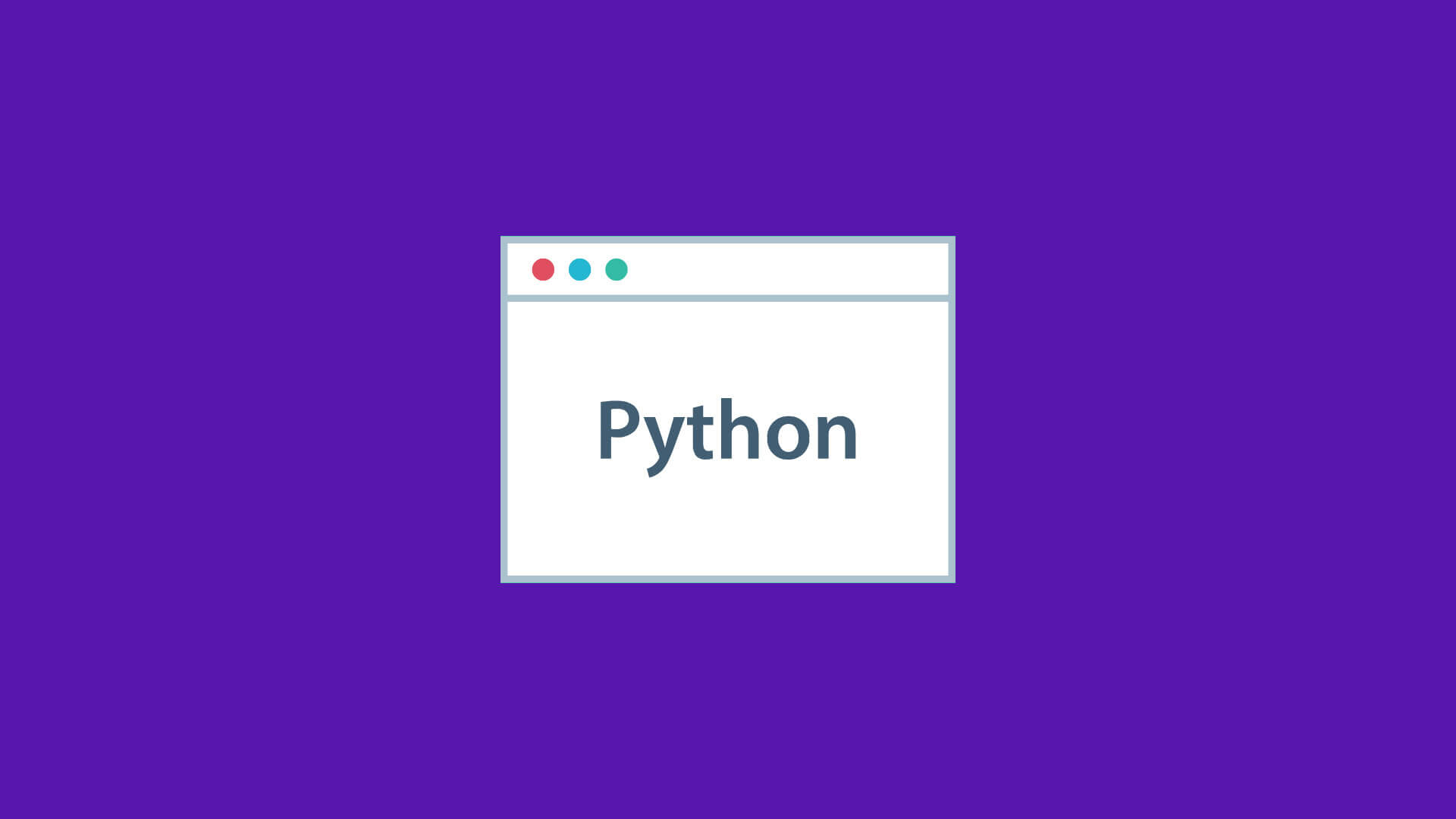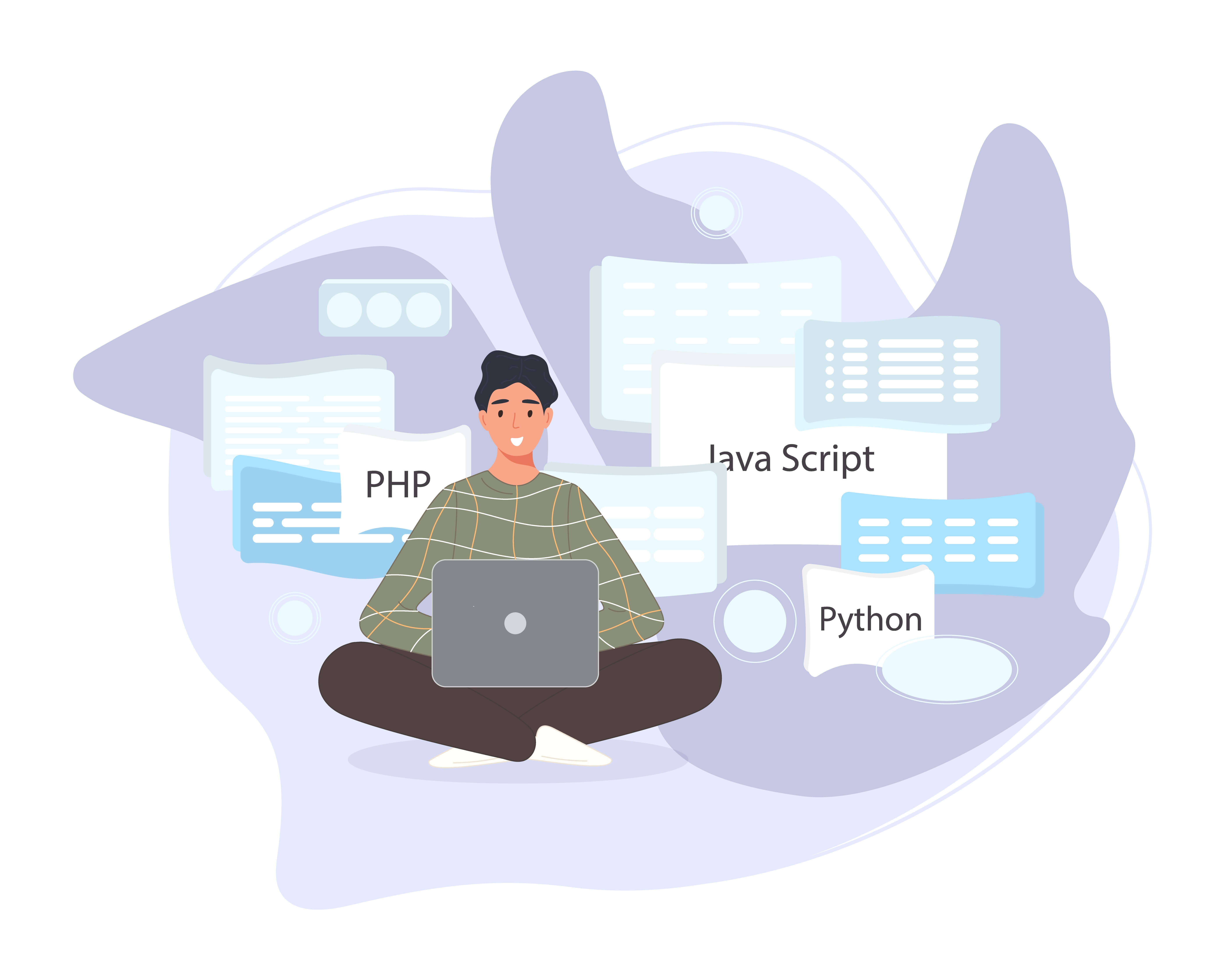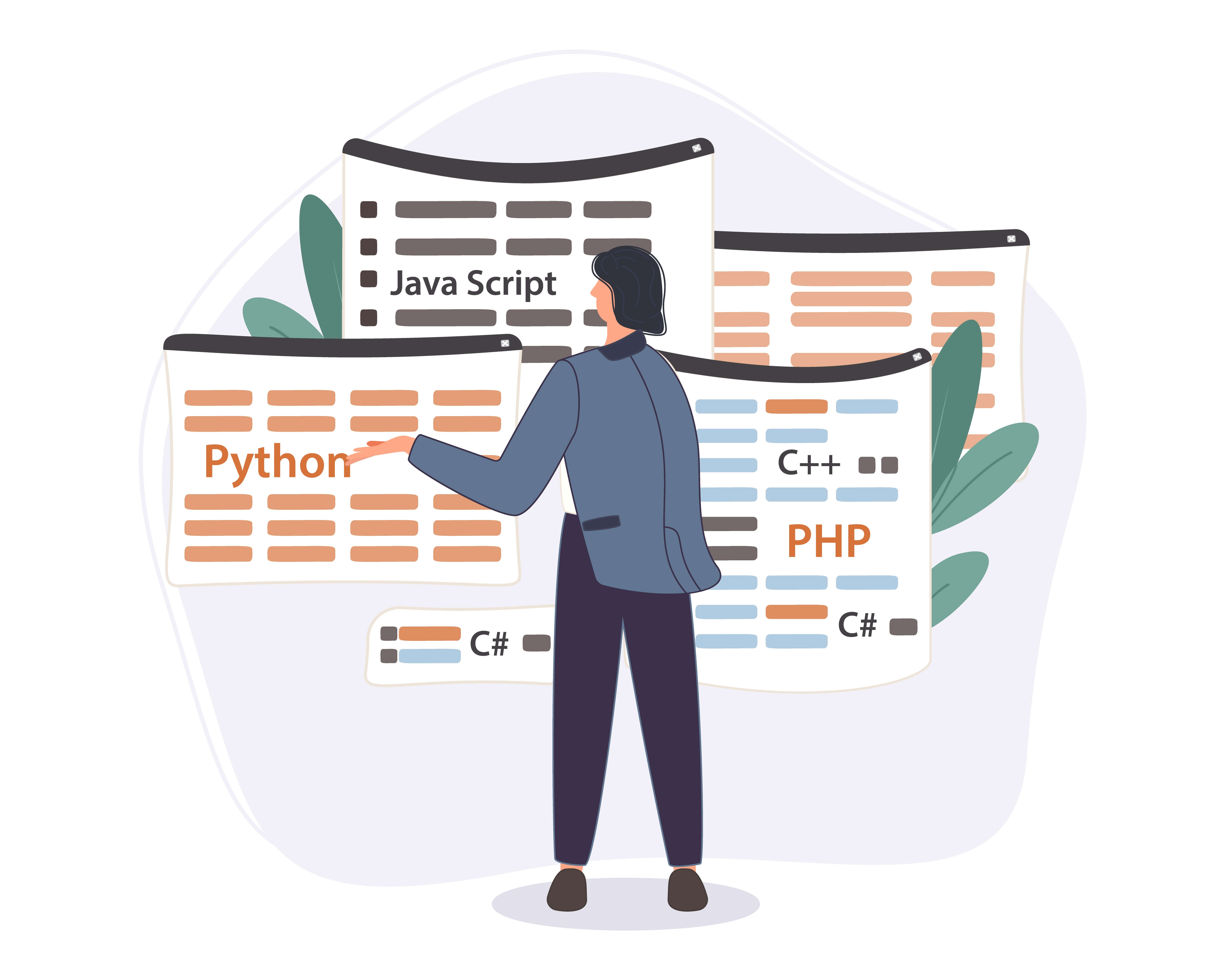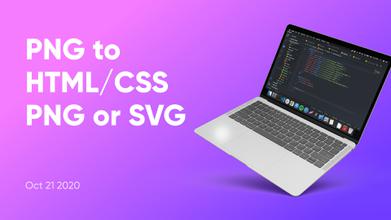Career in Python
Aug 16, 2021 9585 seen
How To Start a Career in Python

There is no compulsion for a person to have a computer science, engineering, data analysis, or data science degree to pursue a career in Python. Anyone can learn Python, but someone with a computer science or engineering background will be more helpful. Python is a multipurpose language: it can be used for testing, development, upgrades, scripting, etc. With extensive APIs and libraries to support, Python supports many other things besides development, such as data analysis, data visualization, and data manipulation. Python is also preferred and popular over other fields such as data science, as Python is one of the best programming languages for easy adaptation. This makes Python a popular programming environment for data science. There are several options for learning Python and getting certified; opportunities are available both online and offline. You have to think about what Python has to offer for all job profiles and scope, what is a career path in Python, are there any Python jobs for newbies, or think about how much Python I need to know to get a job. As we saw above, most of the world's giants use Python as their primary or secondary programming language. The demand for Python specialists is growing day by day. The company is hiring newcomers with recognized Python certification.
Python Professionals Common Career Path

There is no such specific career path in Python, but there are ample opportunities for career growth in Python; therefore, anyone who wants to learn Python and is certified in Python is eligible to apply and work with profiles that require Python skills.
In the case, if you have a degree in Science - Engineering
-
Has a degree in software engineering with a project using Python and can apply as a web or software developer.
-
With a physics degree, you can take a certified online Python course and complete a project with a Machine Learning - Data Science certification and get a job.
-
A Computer Science degree with further certification in Big Data - Data Analytics allows you to apply to become a Data Scientist.
In the case, if you do not have a degree in Science – Engineering
-
Enroll in a Python course and complete projects. If you would like to continue your studies, you can opt for a Master's degree in Data Science or Business Intelligence.
-
After learning Python, build a portfolio and apply for relevant jobs.
Python Skills:
How to use common Python libraries like queries, SciPy, etc.
Knowledge of Python syntax, semantics, and data structures
Familiar with common frameworks such as Django, Flask, and CherryPy.
Consuming and linking apps through an ORM like SQLAlchemy or Django ORM
Tracking changes made throughout the entire process and knowing the corresponding conditions and actions
Other relevant skills:
Good communication
Team management and quality building
Result orientation
Tenacity
Ability to solve problems
Python is one of the most common programming languages in the world, moreover, it offers the most promising career opportunities. The demand for Python developers is growing every year. It provides better, more concise code with faster readability that no other programming language can offer. Even shorter code written in Python can improve the design. Python is also one of the best tools for creating dynamic scripting at both large and small scales.
Python can be used in several areas, including testing, web development, application development and updating, scripting, and many others. The automatic memory management and dynamic type Python system support various programming standards. If you acquire this skill, you will have more career options in Python than you might imagine. Python opens up several possibilities for you that no other programming language can offer.
You can become a software developer who excels at Python or a data scientist who uses this language to make data more valuable to your business. Whether you are a seasoned Python developer or just graduated, you never get too many options.
Why Should You Make a Career in Python?

The biggest thing that most Python developers love is how quickly they can learn this programming and scripting language and how easily they can use this learning in real projects. It is a programming language that dramatically reduces overall development time. No other programming language offers this advantage. In addition, python has several APIs and libraries to support a variety of other things besides development, including data manipulation, data analysis, and data visualization. It's no surprise that Python is so popular not only among developers but also among professionals in other fields such as data analytics and data science. Python is considered one of the most popular data science programming languages around the world. When it comes to adaptability It is one of the best programming languages .However, there is still a significant difference between the supply and demand of Python professionals.
Python Career Opportunities

-
So what options will be in front of you when you finish learning Python? Here are some posts you can fill:
-
Python developer: This is one of the basic positions you can take once you have acquired this skill. What does a Python developer do? Here are some key responsibilities:
-
Build websites
-
Resolve problems related to data analytics
-
Write codes that are both reusable and efficient
-
Optimize data algorithms
-
Implement data protection and security
-
Data analyst: This is a very interesting opportunity. Data analysis is for those who like working with huge amounts of data. This is again a very popular job role. Nowadays, more and more companies are looking for data analysts with experience in python to fill open positions.
-
Product Manager: Product managers play a very important role when it comes to helping companies understand the market and understand why building one product is better than building another. They research the market and advocate for the creation of certain products based on facts. Data is a very important part of the work product managers do.
-
Machine Learning Engineer: Job postings for this position have increased by over 330% in the last couple of years. If you are good at python, you have more options than others. A machine learning engineer creates and trains programs and other computer systems to apply the knowledge gained to forecasting. Python is an ideal programming language to use in machine learning due to its ability to work with data automation and algorithms.
How to Find a Job as a Python Developer

Let’s have a look at some useful tips for making a career in a Python job.
1. Gain mastery over the language
Only when you have a firm grasp of the language, will you feel confident about using it in the workplace.
2. Get relevant certifications
Learning Python on your own is a good option, but if you want your skills to be extensive it is best to take a course and get certified. If you have a specific job profile, you can get a certificate in a more specific module. It will add weight to your resume and make a better impression on a future employer.
3. Follow blogs and tutorials
Overall, it is important to stay up to date with everything new in the world of Python. Stay tuned for interesting blogs and informative guides (Youtube channels, blogs, articles, and so on) that are regularly updated on new developments regarding Python and its use in the real world.
4. Complete Python projects
Whether you do it on your own or as part of a course, you need completed projects to master the language. Оver time, you will be able to hone your Python skills using more complex functions.
5. Choose an area of specialization
Python can be used for a variety of purposes and in many areas. However, instead of being one of the crowds of programmers and developers that pop up every day, it's best to know what or who you want to use your Python skills for. Whether it's business analysis, data analysis, machine learning, or web development, a clear goal can help you better define your career in Python.


